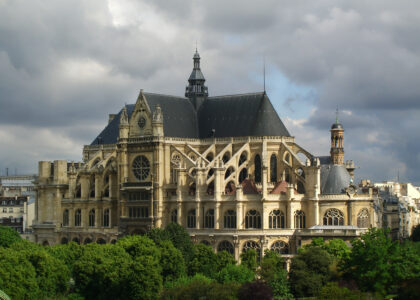Welcome to the Stoddard Nauvoo Home and Tin Shop, a fascinating window into the vibrant past of Nauvoo, Illinois. As you explore this historic site, you’ll be stepping back in time to a period when Nauvoo was a bustling center of the Latter Day Saint movement in the 1840s.
The Stoddard Nauvoo Home and Tin Shop is part of the Nauvoo Historic District, which became a National Historic Landmark District in 1961. This district is significant for its role as the headquarters of The Church of Jesus Christ of Latter Day Saints from 1839 to 1846. Nauvoo was founded by Latter Day Saints who sought a place to build their community after facing persecution in Missouri. The city grew rapidly and, for a brief time in the 1840s, became the largest city in Illinois.
This tin shop was owned by Edward Stoddard, a skilled tinsmith who played a vital role in the community. The art of tinsmithing was essential at the time, providing the community with necessary household items such as lamps, kettles, and other utensils. Imagine the sound of hammer on metal as you walk through the shop’s rooms, a reminder of the industrious spirit that characterized early Nauvoo.
Nauvoo’s history is marked by significant events, including the construction of the original Nauvoo Temple. Although the temple was destroyed in the mid-19th century, its site remains a focal point of the city. The Latter Day Saints’ influence is still evident in Nauvoo’s layout, with broad streets and a rectangular grid that reflect early community planning.
Notable figures such as Joseph Smith, the founder of the Latter Day Saint movement, and his family lived in Nauvoo. After the majority of Latter Day Saints left the area in 1848, some, like Emma Hale Smith, stayed behind, continuing to shape the town’s history.
Today, Nauvoo is a place where the past is carefully preserved and shared with visitors like you. As you explore the Stoddard Nauvoo Home and Tin Shop, consider the stories of those who lived and worked here, their challenges, triumphs, and the enduring legacy they left behind.




